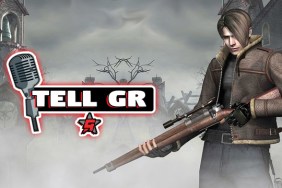The Little Bang.
It’s commonly accepted that the Universe is huge and pretty damn complex. It’s also widely believed that our species is tiny and pretty damn dumb. So when comparing the inner workings of the Universe with humanity’s stress over which size latte to buy, it’s no wonder these relative terms stick like truths.
Rather than let such basic thoughts use up my…
-
Addictive
-
Slick interface
-
Repetitive
-
Terrible A.I.
-
It's a small, small world
-
That no one visits
-
Because it's ten bucks a month









